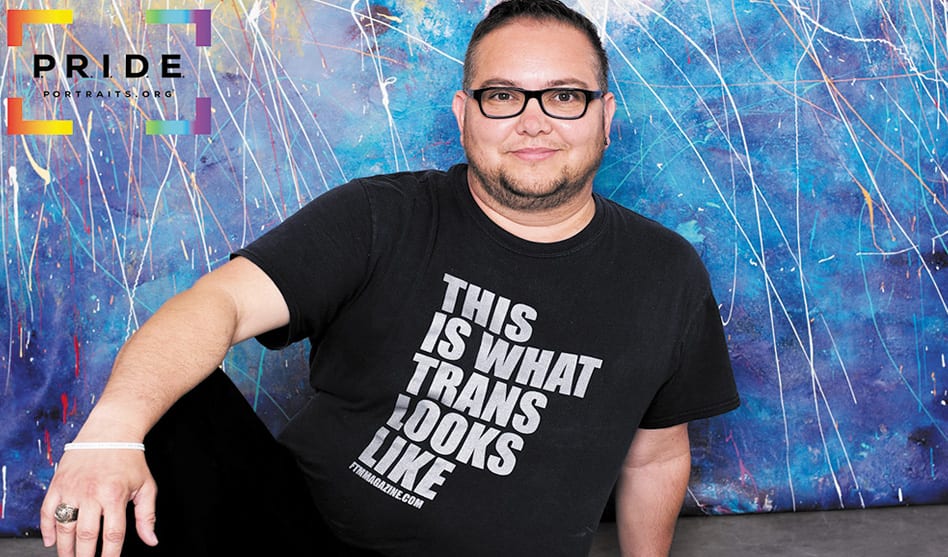A study to find populations vulnerable to HIV is turning into the Texas Transgender Alliance
DAVID TAFFET | Senior Staff Writer
taffet@dallasvoice.com
Carter Brown said a new project to compile a resource list of service providers to the transgender community throughout the state is a remarkable undertaking — not just because of the scope of the project, but because of where the funding is coming from: the state of Texas.
Brown, the founder of the group Black Transmen, is just the person to help coordinate the effort. After starting his Dallas organization, Brown began searching for other local groups in other cities serving the black trans community and found none. So he expanded his reach throughout the country and now stages an annual conference for black trans men and women attended by people from around the country.
Working with Brown is Lou Weaver, transgender programs coordinator for Equality Texas. He explained the state’s goal in creating the project.
The Texas Department of State Health Services — better known as DSHS — is identifying groups across the state falling through the cracks when it comes to HIV care. Getting people into treatment and on medication lowers the community viral load and decreases the number of new infections.
The transgender community has a high rate of HIV infection; the state health department’s interest is based on science.
Weaver and Brown, working with DSHS and the University of Texas in Austin, are identifying groups and individuals serving the transgender community and turning that list into the Texas Transgender Alliance.
The project runs through this year.
Brown and Weaver hope that after creating this list of resources for members of the trans community, they will be able to continue to maintain and update the list on an ongoing basis, creating a permanent resource,
“There are a lot of trans people in rural areas,” Brown said. “What I’m finding is information is not easily found for people who need these resources.”
There’s a number of reasons for that. Many of the groups that formed are online on Facebook and the groups are closed to protect members’ identities.
He said some areas have surprisingly good access to resources. Small cities like Lubbock and Amarillo and cities with universities have good health and support groups for the trans community. But since many of those resources are on college campuses, those who aren’t students have some difficulty accessing those services.
Support groups are just the beginning of what Brown and Carter are looking for. Counselors, doctors, legal services, employers, churches — all of these groups and individuals provide services to the transgender community.
For DSHS, all are ways to help find people to offer HIV test. For Brown and Weaver, these are services that can improve the lives of transgender people.
Finding good medical care can be daunting even for trans people living in cities. Plano has a trans-specific clinic. Parkland Hospital has a clinic in Dallas and one in Grand Prairie that count transgender healthcare among their specialties. And compiling a list of doctors who provide competent transgender healthcare, Brown said, comes down to asking members of the community, “Who’s your doctor?”
But in rural parts of the state, that care is simply unavailable in many places.
Brown explained that transgender healthcare is not just checking correct hormone levels. As example he gave is high blood pressure, a common condition in the black community.
“Testosterone will thicken blood,” he said. “It’s important to know how hormones will interact.”
He also warned that some people take a certain amount of hormones after asking friends what dosage they’re on. Height and weight as well as other medical conditions should be taken into account by doctors prescribing hormone therapy.
Brown said creating the Texas Transgender Alliance would allow groups to share ideas and resources. One goal is to “empower the trans community to take more responsibility for their own health and well being.”
Weaver said a goal is to make sure local groups throughout the state remain connected.
“We’re telling people in rural areas: You’re not alone,” he said. “We can help provide tools they need.”
He said as a trans man living in Houston, he can’t tell someone in another part of the state what they need. But he can help provide resources to help them get access to the tools they need.
To add a group or service, send information to TexasTransAlliance@gmail.com or leave a message on the Texas Transgender Alliance Facebook page.












